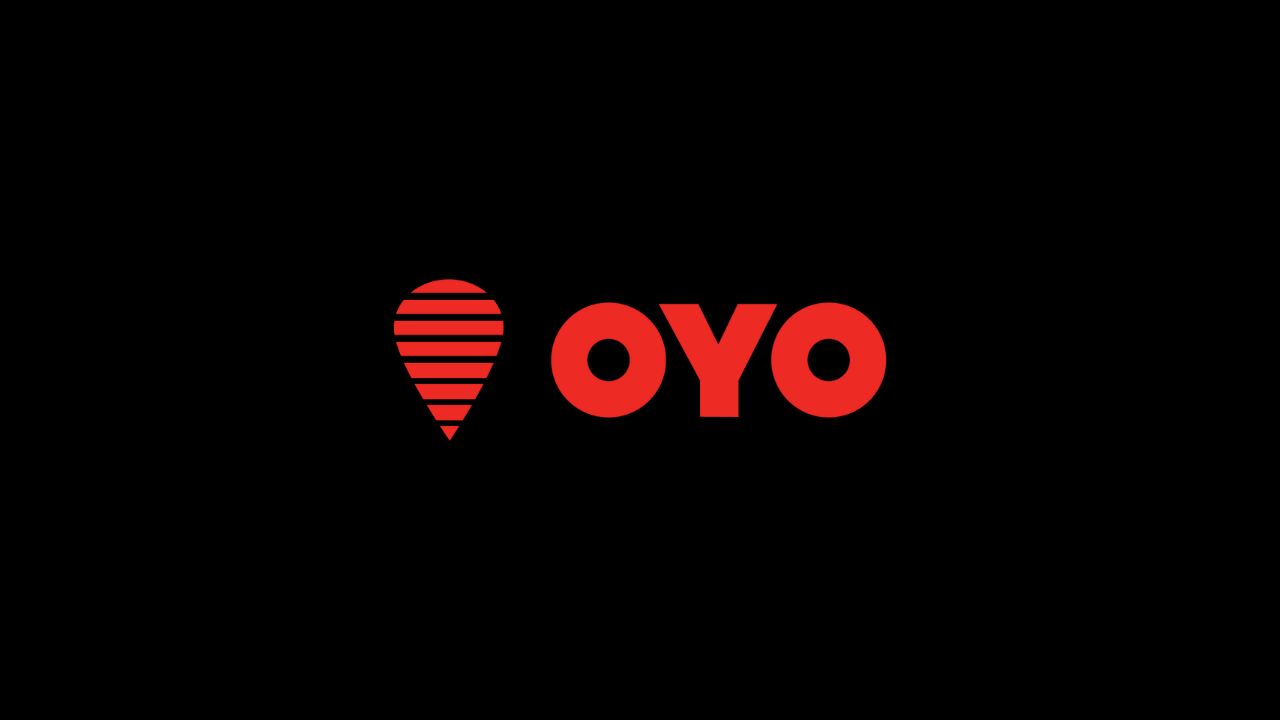Introduction
Oyo Rooms is the largest branded network of hotels currently operating 450,000 listings in 5,000 cities in India, Malaysia, UAE, Nepal, China, and Indonesia. The company started off its operations by building its business model around the aggregator business model. The business model of Oyo includes its business plan, revenue model, competitors, SWOT Analysis, and many more.
OYO, popularly known as OYO Rooms or OYO Hotels, is a global hospitality marketplace that helps people find budgeted rooms and hotels around the world. This company lists its leased and franchised hotels on its platform from where people can choose their rooms and living spaces of their choice at an affordable cost.

Business Plan
OYO business model is a mixture of platform and brand, where the company started primarily as an aggregator of homes across India, and it quickly moved to other verticals, from leisure to co-working and corporate travel.
It has stretched out its roots to 230 cities with over 44,000 hotels with over 1.2 million rooms. Through its app-based booking facility, Oyo allows customers to book rooms within a few seconds. Oyo delivers similar awesome experience across all of its rooms with its excellent room services and amenities.
The business concept for Oyo Rooms has aspects in common with the standard aggregator business model. Still, it also had parts in common with the franchising business model. These are some of the elements in its sample business strategy:
- A portion of the hotel’s inventory is leased in advance, and the rooms are set up under the Oyo Rooms name.
- The Oyo Rooms website and smartphone application are used to make reservations.
These partner hotels offered standardized service to consumers of those rooms as stipulated in a deal with Oyo. - Oyo Rooms’ present operational structure resembles that of the past. The corporation merely asks the hotel partners to run them as franchises rather than leasing the hotel rooms anymore. They also have substantial brand equity.
Revenue Model
Earlier the brand used to lease hotels at a predetermined price and offered them to the users at a take-up rate. This has been changed to a commission-based revenue model.
Oyo rooms charges a commission of 22% from its hotel partners. However, this commission does vary according to the services provided by the brand.
Competitors
SWOT Analysis
Strengths
- Standardisation: The Oyo rooms are mostly owned by various providers but have just been standardized under the Oyo franchise and thus people are guaranteed of standardized service in all Oyo rooms wherever they may be located.
- Ever growing network: What started off as a one room one hotel thing in Gurgaon now has around 8500 properties to its credit and an additional inventory of 4000 motels and homestays? This is a clear strength.
- Spirit of Innovation: The root idea or need from which Oyo rooms were conceptualized is a highly innovative one of a one-stop shop for a budget stay in India. The company continues to maintain its strong spirit of innovation as is evident from the policy to standardize rooms amongst many others.
- Subsidising Hotel Stays: Oyo subsidizes rooms to make them affordable for customers and similar to Ola and Uber have emerged successfully in their line of business.
- Young and highly spirited leader: The founder of Oyo Ritesh Agarwal is a youngster who has won a lot of accolades and besides entrepreneurship caters to a wide range of interests. This is reflective of every strategy that Oyo adopts since there is a freshness to the approach taken which is one strong reason for its instant success.
Weaknesses
- A strategy of co-branding: Oyo does not own any of the rooms that it lets out. But it is more like a hotel aggregation platform where the buyer and seller are allowed to transact with each other through a common window provided by Oyo. Thus they just cobrand with various budget hotels but do not own the rooms.
- Poor service quality: Though Oyo has tried to standardize amenities for each room based on the prices they charge, they have not been able to do the same with services. This has made the service quality and reliability highly questionable.
- Tight margins: Hotels that are on a tie-up with Oyo can also loop in other agents for which Oyo cannot do anything much to circumvent. In this context, the model thrives solely on how well the margins they provide for their hotels are which can be risky in the long run.
Opportunities
- Growing demand for aggregators: As the world reels from the aftermath fo repeated recessionary trends, pay cuts, and job losses, most higher end hotels are struggling to balance supply and demand. This increases the scope for aggregators like Oyo since most hotels would prefer to take external support for sourcing new business.
- Focus on budget accommodation: Earlier the trend was more biased towards luxury and boutique hotels but not anymore. People are trying to minimise spending and focus on saving and thus budget hotels that can provide decent boarding and lodging facilities are on a high demand today.
- A surge in the number of business travelers in emerging economies: The number of people who travel on business from both genders has grown profusely in emerging economies. This has resulted in a demand for budget stays.
Threats
- Competition: With lowered barriers to entry, every new entrepreneur is looking at aggregating services. There are a lot of online portals like ibibo, trivago, makemytrip etc which offer a varied gamut of services similar to Oyo.
- Growing concerns about safety: Today there is negative imagery of unsafe stays and the number of cases of harassment is on an increase. Though Oyo does not guarantee safety at any point in time for its hotels they have a moral commitment to ensure that no such untoward incidents happen.
Conclusion
Oyo Rooms is a network of budget hotels based out of India. The concept of Oyo rooms was that of an aggregator which was essentially a listing of budget hotels and homestays which users who wished to arrange accommodation could select and book.




